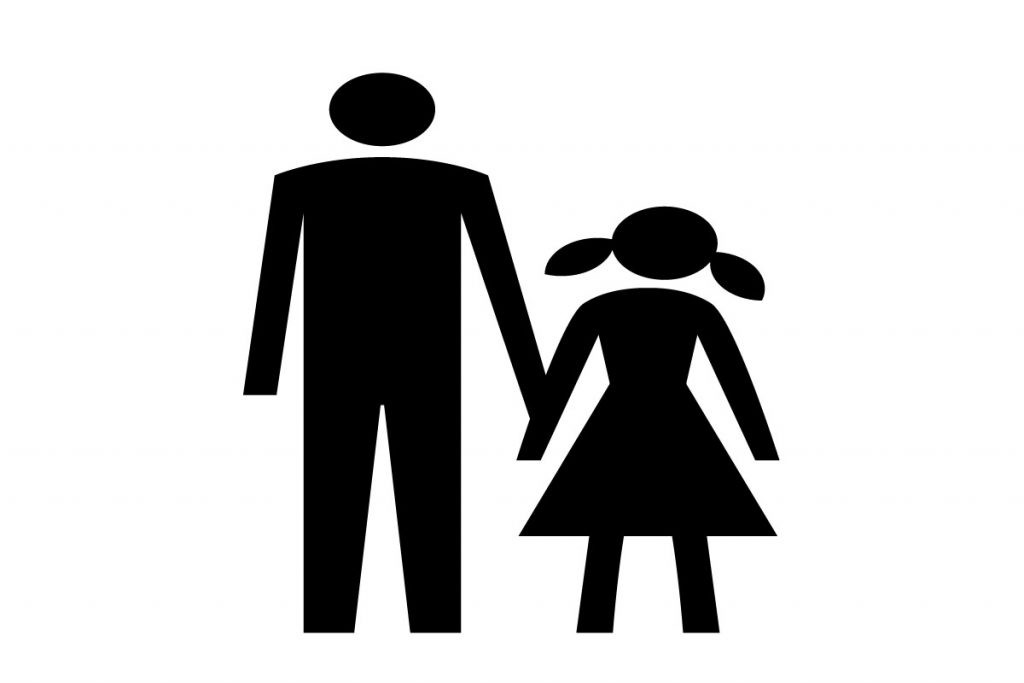
International humanitarian and development organization Oxfam welcomed the approval “in principle” of a proposed bill seeking to end child marriage in the Philippines by a committee in the House of Representatives.
The Committee on Women and Gender Equality approved House Bills nos. 1486, 3899, 5670 and 7922 “in principle” and directed its secretariat to draft a substitute bill that will be up for consideration and approval at the next hearing.
A bill addressing the legal loopholes that allow child marriage in the Philippines was already passed by the Senate last year.
For the first time, its counterpart bills at the House of Representatives were discussed during this week’s committee hearing.
Jeanette Dulawan, Gender Justice Program Manager of Oxfam Pilipinas, shared with legislators how child marriage is a grave form of child abuse.
“Child marriage is a grave violation of human rights and a serious public health issue,” said Dulawan.
She said the proposed bills ending child marriage would strengthen child protection mechanisms to prevent further acts of violence and abuse.
“We believe that ending child marriage requires a coordinated multi-sectoral approach that will engage girls, boys, parents, teachers, national and local authorities and decision makers, and a broad range of other stakeholders,” said Dulawan.
Among the challenges faced by advocacy groups now are harmful social and gender norms underpinning child marriage.
Dulawan said among the key learnings of Oxfam’s programs, particularly in conflict-affected Mindanao, is that it is important to form partnerships with established community members who can deliver culturally appropriate and sustainable responses to address such issues.
Child marriage is still being practiced in some parts of the Philippines, with the Philippines ranking 12th worldwide among countries with the highest numbers of child marriages.
Oxfam is a part of the “Girl Defenders” alliance, which includes lawmakers, youth campaigners, women’s rights organizations, and government agencies such as the Commission on Human Rights and the Philippine Commission on Women.
Source: Licas Philippines
0 Comments